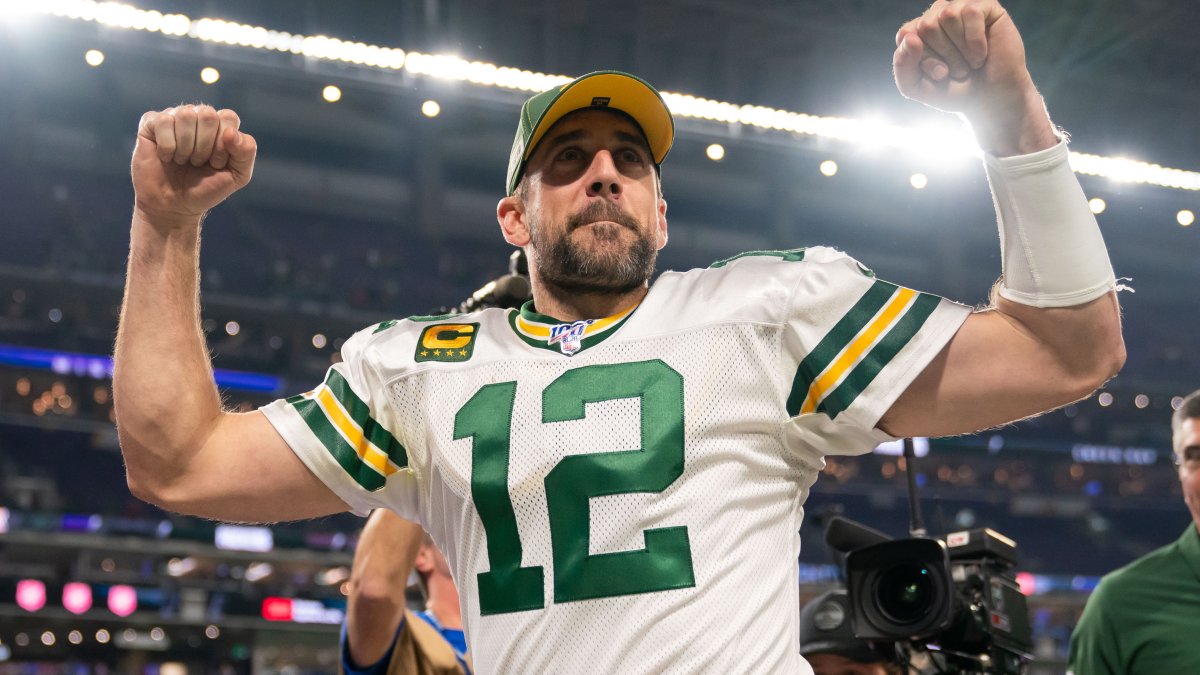On Monday, PFF’s Kevin Cole wrote about the MVP award and how young quarterbacks like Josh Allen and Kyler Murray are overpriced on the betting market.
This is mainly because Kyler Murray is a long shot just to win his own division in 2020 due to the presence of the San Francisco 49ers and the Hall of Fame quarterback in Seattle. Josh Allen, on the other hand, would need to make an unprecedented jump in Year 3.
After fading two quarterbacks in the MVP race, we want to look to the opposite end of the spectrum to find out which quarterbacks yield the best value on the betting markets right now.
[Editor’s note: Subscribe to PFF ELITE today to gain access to PFF’s Premium Stats and new Player Grades experience in addition to the 2020 NFL Draft Guide, 2020 Fantasy Rookie Scouting Report, PFF Greenline, all of PFF’s premium article content and more.]
Modeling the MVP award
Kevin Cole has already explained which features are most important when it comes to finding out who will receive the MVP award: It’s crucial to win a lot of games and to be very efficient (as measured in terms of expected points added per play). And if you don’t win your division, your chances of winning the award become slim.
Using these features, we trained a model that uses regular-season numbers to predict the MVP. Due to the fact that the features (no. of wins, efficiency, division title) are highly correlated to each other and that the problem is more of a discrete nature than a numeric one, we use a tree-based random forest model.
The model doesn’t crown the MVP, but it does yield a percentage that a given quarterback wins the MVP award after a given season. We normalize results to a sum of 95% each season, i.e., we acknowledge the 5% chance that a non-quarterback might win the award. This has happened four times in the last 20 years, though it's only happened once since 2007 and not at all since Adrian Peterson won in 2012.
The exact percentage of this event occurring is very difficult to estimate, as the perception of positional value has undoubtedly shifted in recent years. This is why running backs winning the award in the early 2000s probably won't influence the current chance of a non-quarterback winning MVP.
The model below assigns the following probabilities to the most recent MVP races.
Exclusive content for premium subscribers

WANT TO KEEP READING?
Dominate Fantasy Football & Betting with AI-Powered Data & Tools Trusted By All 32 Teams
Already have a subscription? Log in



 © 2025 PFF - all rights reserved.
© 2025 PFF - all rights reserved.